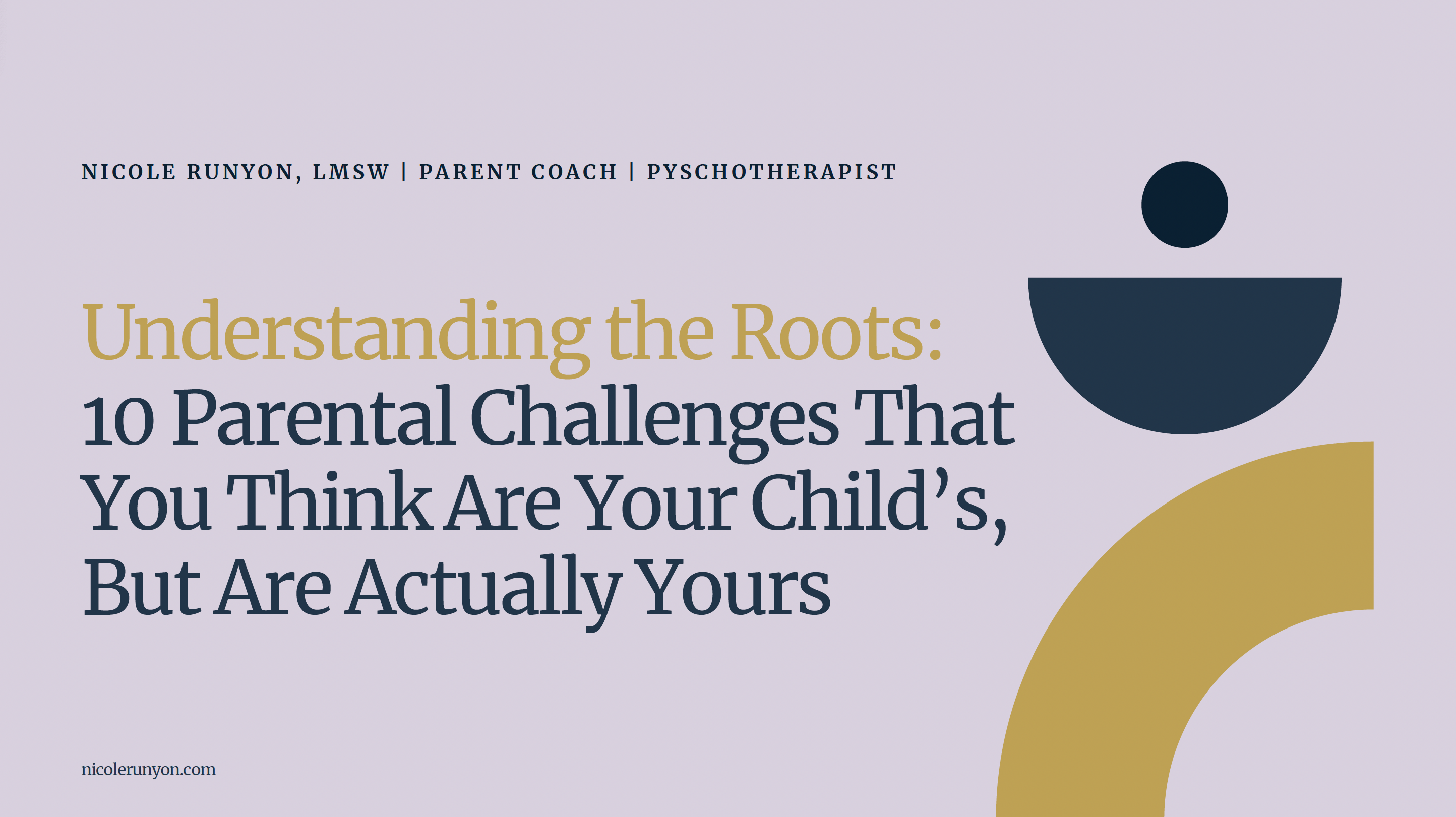In the age of technology, the digital world has become an integral part of our children’s lives. Shocking statistics reveal that children as young as seven have been exposed to online pornography, and the implications of this exposure are far-reaching.
Alarming Statistics: Recent studies highlight the startling reality that more than half of 11 to 13-year-olds have encountered pornography online. What’s even more concerning is that only 18% of these young individuals intentionally sought out explicit content, leaving a staggering 82% stumbling upon it unintentionally.
Parental Disconnect: Parents, unfortunately, seem to be largely unaware of the extent of their children’s exposure to online pornography. While 75% of parents believe their children haven’t viewed porn, a contradictory 53% of the children themselves admit to having done so.
Early Exposure’s Impact on Development: The consequences of exposure to online porn at such a young age are profound. Children as young as nine are in a critical developmental phase, forming interpersonal relationships and learning to relate to peers. Exposure to explicit content during this crucial period can hinder their ability to connect with others beyond their family.
Beyond the Low End of Risk: Moving beyond the developmental impacts, the explicit content available today is not comparable to the Playboy era. It is often abusive, degrading, and can be traumatizing to watch. Children may perceive these scenarios as real, leading to attempts to replicate them in their own lives, resulting in regret and remorse.
The Fantasy World of Pornography: Online pornography is highly addictive, providing a fantasy world that feels good without the complexities of real-life relationships. It becomes crucial for parents to address this issue head-on, engaging in open conversations about sex and pornography.
The Parental Role: Health classes alone are not sufficient; parents must take an active role in educating their children about the realities of sex and the potential harms of online pornography. Encouraging real-life interactions, effective communication, and conflict resolution are essential components of a comprehensive approach to counteract the impact of explicit content.
In conclusion, as uncomfortable as it may be, parents must overcome the awkwardness and initiate these critical conversations with their children. The future of a generation’s ability to form lasting, intimate relationships depends on it. Let’s prioritize open communication and equip our children with the knowledge and skills needed to navigate the digital landscape responsibly.

